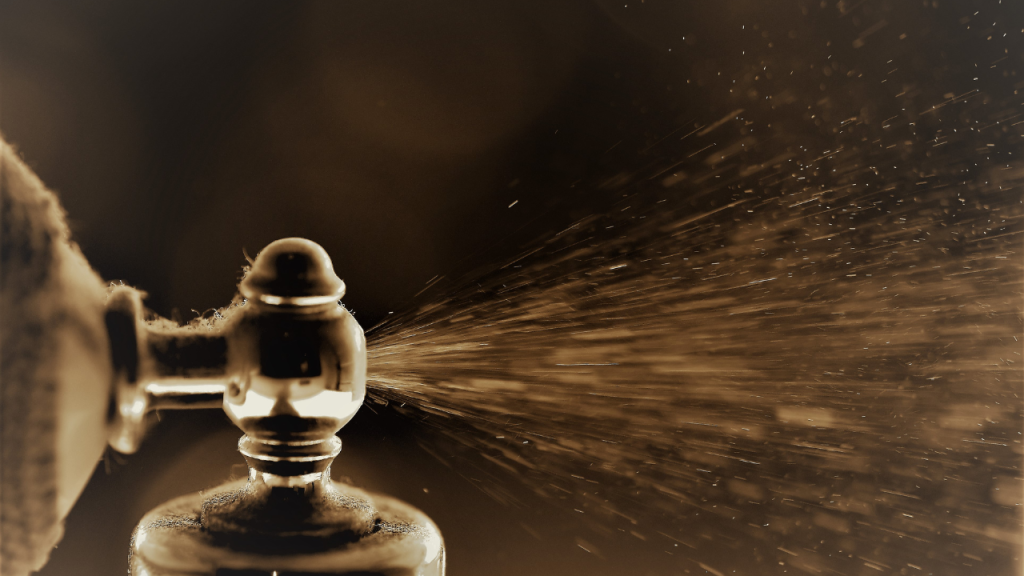Ever wondered why your favorite perfume sometimes smells different after a few months, or why some scents seem to fade faster than others? The answer lies in the fascinating world of perfume formulation and the often-overlooked process of oxidation. Let’s break down how perfumes are crafted, why oxidation happens, and what you can do to keep your signature scent fresh and long-lasting.
Table of Contents
ToggleHow Perfume Is Formulated: The Basics
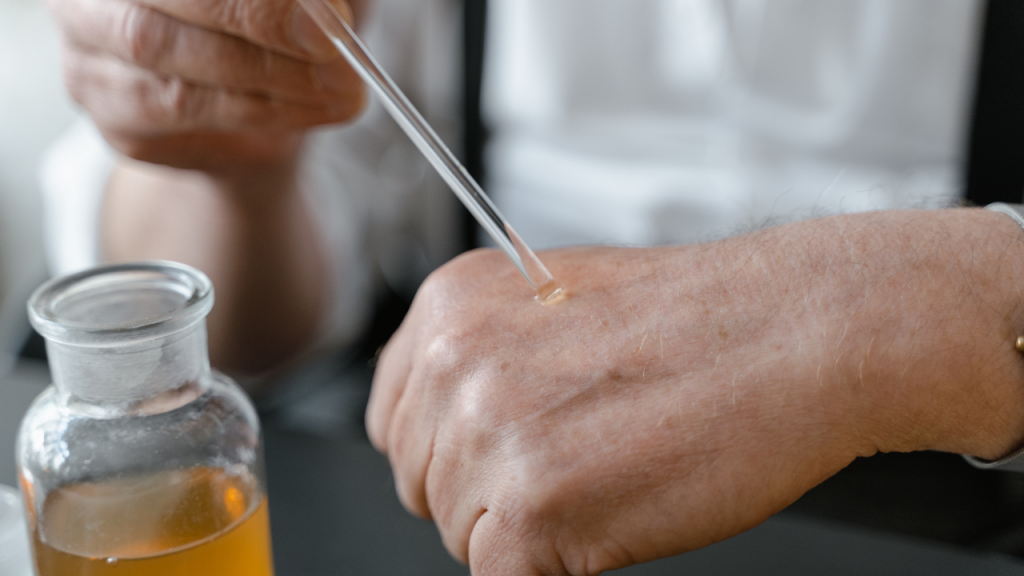
Creating a perfume is a blend of art and chemistry. Here’s how the process unfolds:
1. Concept & Inspiration
Perfumers (or “noses”) start with a vision—maybe a memory, a place, or a mood. This creative spark guides the choice of ingredients and the overall scent profile1.
2. Sourcing Ingredients
Perfume formulas use a mix of:
- Essential oils & aroma compounds: Natural (like rose, sandalwood, or citrus) or synthetic (like aldehydes or ambroxan) for consistency and creativity12.
- Solvents: Usually alcohol, which helps dissolve the fragrance oils and makes the scent easy to apply12.
- Fixatives: Ingredients that help the scent last longer, such as resins, musks, or synthetic stabilizers12.
3. Blending the Notes
Perfumes are built in layers:
- Top notes: The first impression—light and quick to evaporate (think citrus or mint).
- Heart notes: The core of the scent, lasting several hours (like rose or lavender).
- Base notes: The foundation, lingering for hours (musk, vanilla, sandalwood).
4. Maceration & Aging
After blending, the perfume is left to “macerate”—a process where the oils and alcohol meld together, smoothing out rough edges and enhancing longevity. This can take weeks or even months, allowing the scent to mature and become more harmonious.
The Role of Oxidation in Perfume
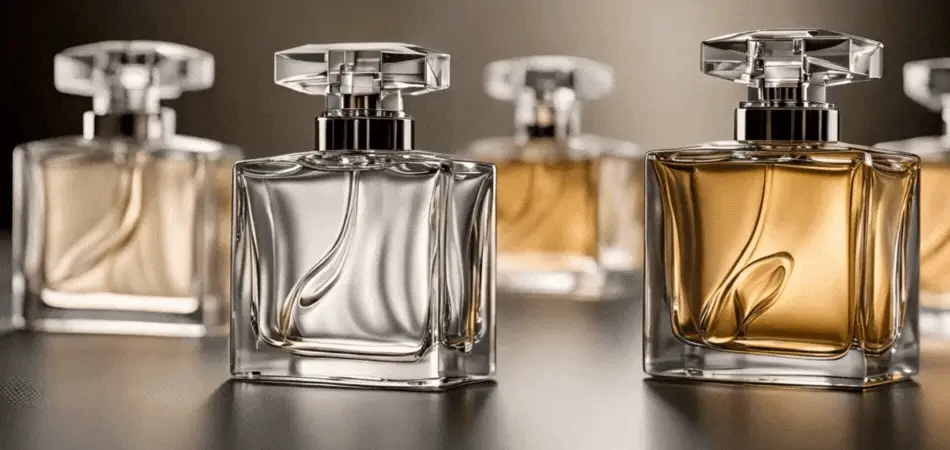
What Is Oxidation?
Oxidation is a natural chemical reaction that occurs when perfume is exposed to air (oxygen), light, or heat. Over time, this process can:
- Alter the scent profile (making it sharper, sour, or dull)
- Change the color (often darkening the liquid)
- Reduce longevity and intensity
Why Does Oxidation Happen?
- Air exposure: Every time you open the bottle, oxygen gets in and starts breaking down delicate aroma molecules5.
- Light & heat: Sunlight and high temperatures speed up oxidation, causing the scent to degrade faster5.
- Humidity: Moisture can trigger unwanted chemical reactions, further altering the fragrance.
How to Spot Oxidation
- The scent smells “off” or different from when you first bought it
- The liquid has changed color (often darker or yellowed)
- The perfume doesn’t last as long on your skin
How to Prevent Perfume Oxidation: Pro Tips
- Store in a cool, dark place: Keep your perfume away from sunlight and heat—think closet or drawer, not your bathroom counter.
- Keep bottles tightly sealed: Oxygen is the enemy of freshness. Always close the cap securely after use.
- Avoid shaking: Shaking introduces air bubbles, which can speed up oxidation and break delicate chemical bonds.
- Use original packaging: Boxes are designed to protect from light and temperature changes.
- Finish smaller bottles faster: Less air exposure means less oxidation over time.
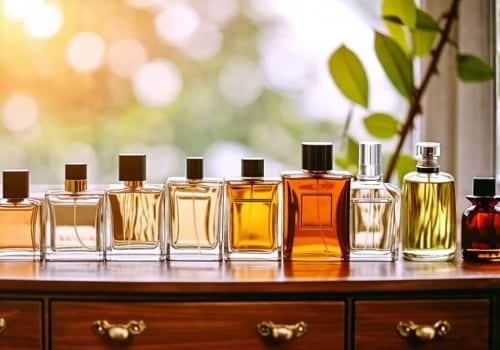
Why Perfume Formulation Matters for Longevity
A well-formulated perfume uses the right balance of top, heart, and base notes, plus effective fixatives, to ensure the scent evolves beautifully and lasts longer—even as it ages. But even the best formula can’t escape oxidation if not stored properly.
Conclusion
Perfume formulation is a delicate dance of creativity and chemistry, but oxidation can quickly turn a masterpiece into a disappointment. By understanding how perfumes are made and how oxidation works, you can make smarter choices—both when buying and storing your favorite scents.
FAQs
1. Can I still use a perfume that’s oxidized?
Yes, but the scent may be altered. If it smells unpleasant or causes irritation, it’s best to stop using it.
2. How long does perfume last before oxidizing?
Unopened, perfumes can last years. Once opened, most stay fresh for 1–3 years if stored properly.
3. Does oxidation affect all perfumes equally?
No. Citrus and light floral scents oxidize faster than woody or spicy fragrances.
4. Can I slow down oxidation at home?
Absolutely! Store your perfume in a cool, dark, dry place and keep the bottle tightly closed.
5. What’s the best bottle size to buy?
If you don’t use perfume daily, opt for smaller bottles to finish them before oxidation sets in.
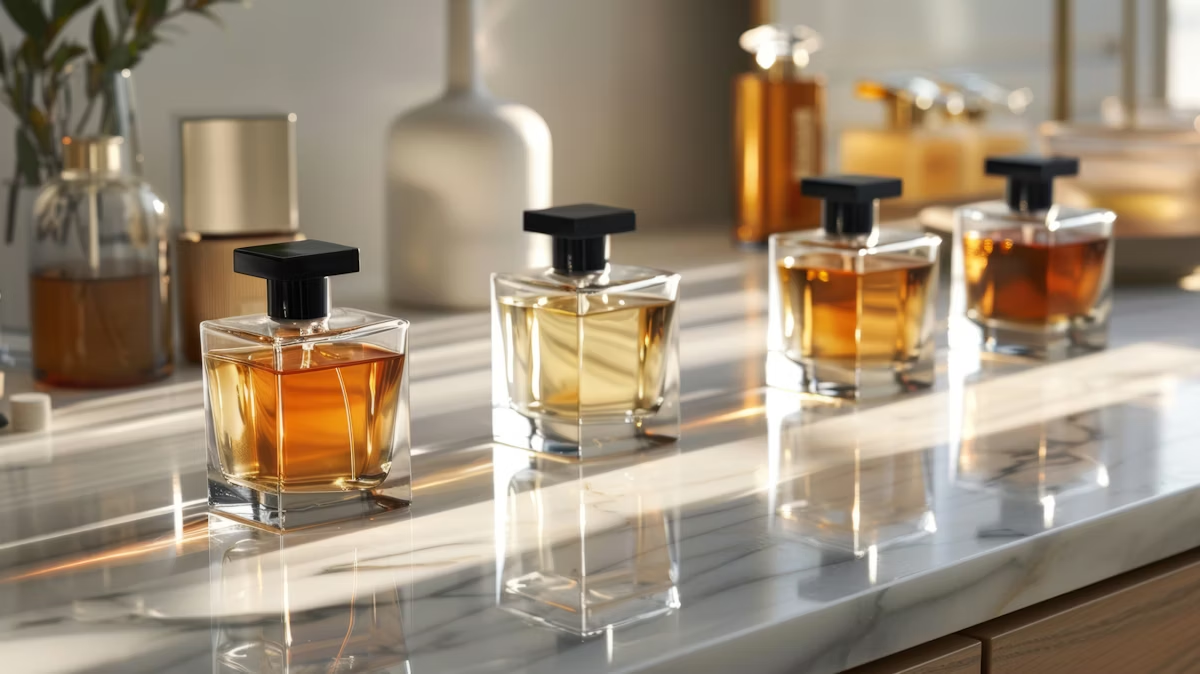
Ready to discover more fragrance science and expert tips? Explore Scentsciencebeauty.com for the latest on perfume trends, storage hacks, and scent recommendations!
Follow us on social media for daily inspiration and updates.

